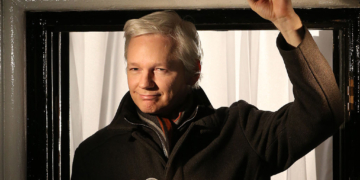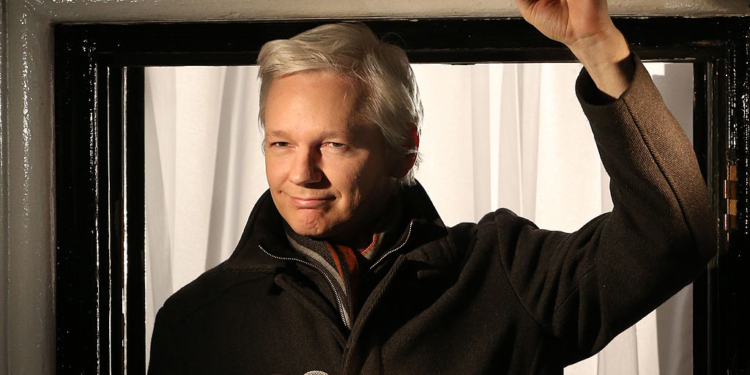WikiLeaks founder Julian Assange won’t be stamping his passport to the U.S. anytime soon after a U.K. Court delayed his extradition on Tuesday.
Assange is charged with taking U.S classified documents and publishing them on WikiLeaks. According to ABC News, he allegedly conspired with Chelsea Manning, a former intelligence analyst in the U.S. Army, in leaking the “hundreds of thousands of classified documents, including about 250,000 U.S. Department of State cables.”
The U.S. subsequently charged Assange in 2019 with espionage “by allegedly obtaining, receiving and disclosing classified information,” per the outlet.
Assange has spent five years in Belmarsh High Security Prison, a maximum-security facility in South London. Before that, he lived in the Ecuadorian embassy in London for seven years.
Even though the U.K. OK’d the extradition in June 2022, the court now wants the U.S. to agree on a couple of things, including taking the death penalty off the table.
The court also wants Assange to be afforded protection under the First Amendment. This has become a sticking point as U.S. prosecutors said that since Assange is not American, he may not have the freedoms under the First Amendment.
When the extradition was first approved, a U.K. Home Office spokesperson said in a statement the U.K. courts did not find “it would be oppressive, unjust or an abuse of process to extradite Mr Assange.”
Assange faces 18 charges, which could total up to 175 years in prison, according to the U.S. Department of Justice.

























